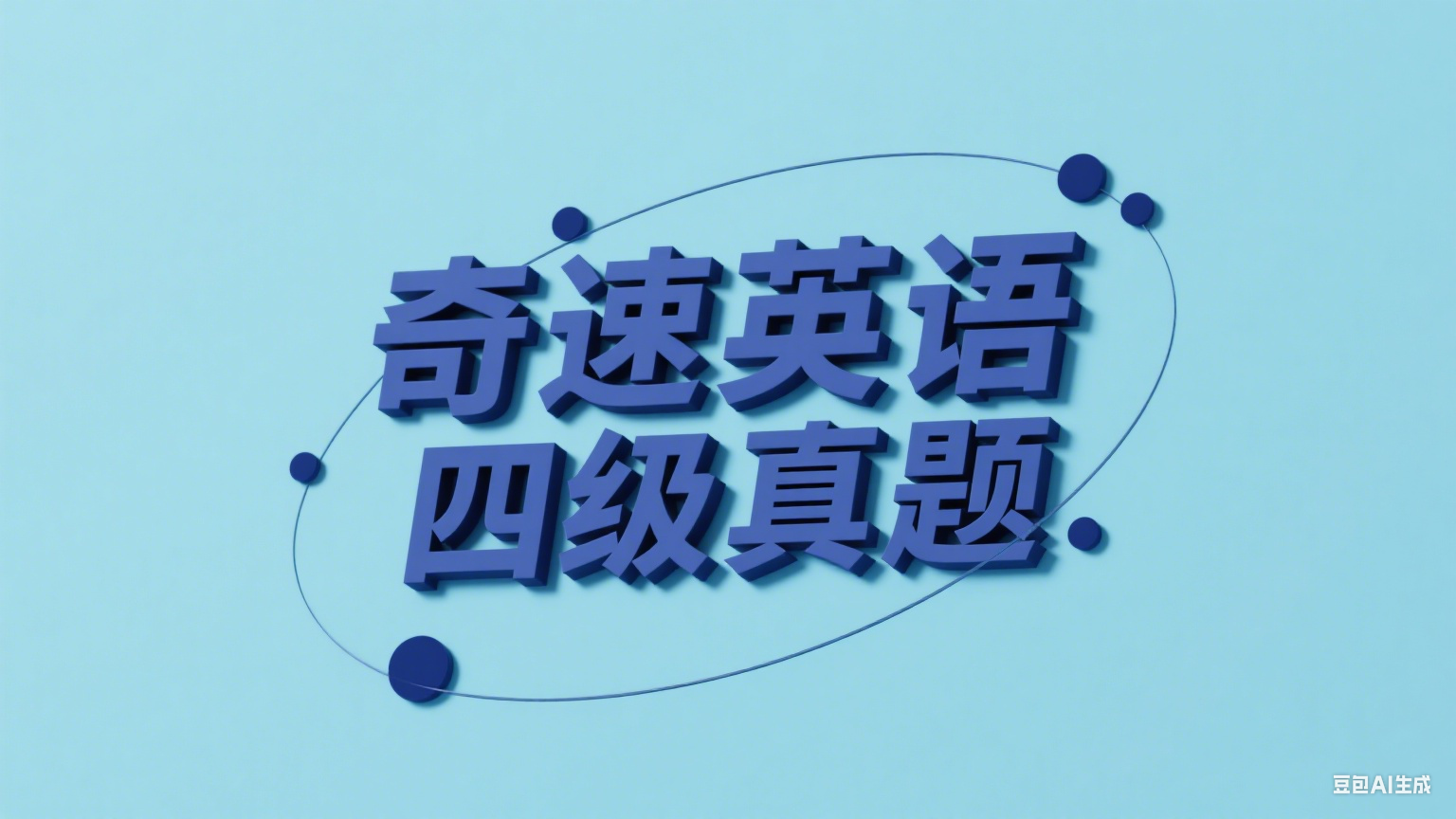
① The traditional school year, with three months of vacation every summer, was first implemented when America was an agricultural society and the summer months were needed for farm work. Since then, we’ve completely changed as a nation. Students no longer spend summers farming, but they aren’t in school, either. The average American student receives 13 weeks off from school each calendar year-with about 11 of those during the summer. Few other countries have more than seven weeks off in a school calendar.
② With the U.S. lagging behind other countries in academics, it’s time to consider year-round schooling. One benefit of this change is that students will not fall victim to the “summer slide,” or the well-documented phenomenon where students forget some of the knowledge they have acquired when too much time is taken off from school. Decades of research shows that it can take from 8 to 13 weeks at the beginning of every school year for students to get back to where they were before the summer holiday.
③ But year-round schooling isn’t just about academics. Teachers and students experience a closer relationship in year-round schools than they do in traditional schools and, in the absence of any long-term break, students do not feel detached from the school environment. These closer bonds and greater attachment pay off. Research shows that students in year-round schools are more self-confident and feel more positive about their schooling experience.
④ But don’t kids need time to relax? Some childhood development experts believe that time off from school is vital to healthy development as kids are not designed to spend so much of their time inside classrooms and the summer break provides a perfect opportunity to get outside. The problem with this argument is that most children aren’t playing outside or even spending time with other kids. While some children visit summer camps, most stay at home, watching TV or playing games on electronic devices, which hardly benefits them.





 更多优质学习内容
更多优质学习内容



